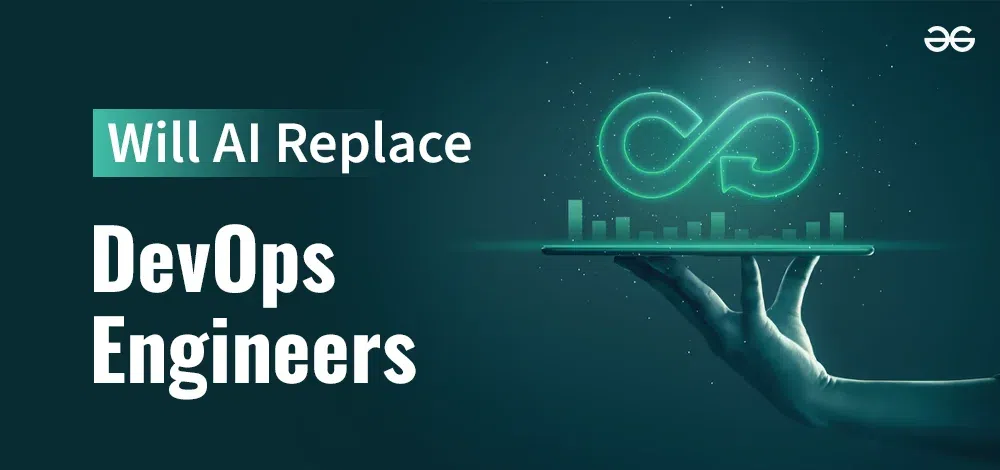
Freddy Shema
DevOps Engineer

The future of DevOps engineer jobs in the age of AI
The Future of DevOps Engineer Jobs in the Age of AI
1. Automation Will Accelerate—but Not Replace DevOps
AI excels at automating repetitive and routine tasks. In DevOps, this means:
- CI/CD pipelines will become more self-optimizing.
- Monitoring and alerting systems will use AI for predictive analytics and anomaly detection.
- Infrastructure as Code (IaC) tools may integrate intelligent optimization recommendations.
While these changes reduce manual effort, they don’t eliminate the need for DevOps engineers—they elevate their role to focus on more strategic tasks.
2. DevOps Will Evolve into AIOps and MLOps
The traditional DevOps role is expanding:
- AIOps (Artificial Intelligence for IT Operations) is gaining traction, requiring DevOps engineers to work closely with AI models to manage complex, large-scale systems.
- MLOps (Machine Learning Operations) brings DevOps practices into the ML model lifecycle, merging infrastructure management with data science workflows.
Engineers with hybrid skills—understanding both software systems and data—will be in high demand.
3. Skill Sets Will Shift
To stay relevant, DevOps engineers will need to:
- Learn AI/ML fundamentals to understand how models operate within production systems.
- Gain proficiency with tools like Kubeflow, MLflow, and AI-driven observability platforms.
- Develop soft skills for cross-functional collaboration as DevOps increasingly bridges development, operations, and data science teams.
4. Security and Compliance Will Gain Importance
With AI in play, security concerns become more complex. DevOps engineers will play a key role in:
- Ensuring secure pipelines for AI deployments.
- Maintaining data privacy and compliance in dynamic, automated environments.
- Implementing DevSecOps principles to bake security into every stage of the software lifecycle.
5. The Human Element Remains Critical
Despite AI's capabilities, the intuition, judgment, and creativity of human engineers are still essential:
- AI can spot anomalies, but engineers interpret their significance.
- Tools can suggest optimizations, but humans decide trade-offs.
- Collaboration, leadership, and problem-solving remain uniquely human strengths.
Conclusion
AI will change how DevOps engineers work—but not whether they’re needed. Their roles will shift from tool operators to system architects, automation strategists, and AI integrators. The most successful DevOps professionals in the AI era will be those who embrace change, continuously learn, and adapt to new technologies while leveraging their core strengths in systems thinking and collaboration.
In short: AI is not the end of DevOps—it’s the next chapter.